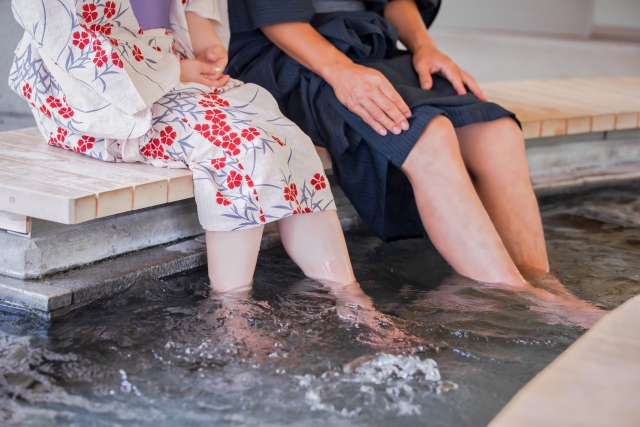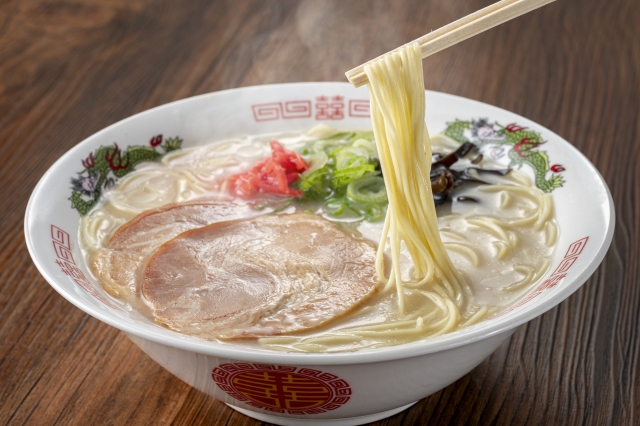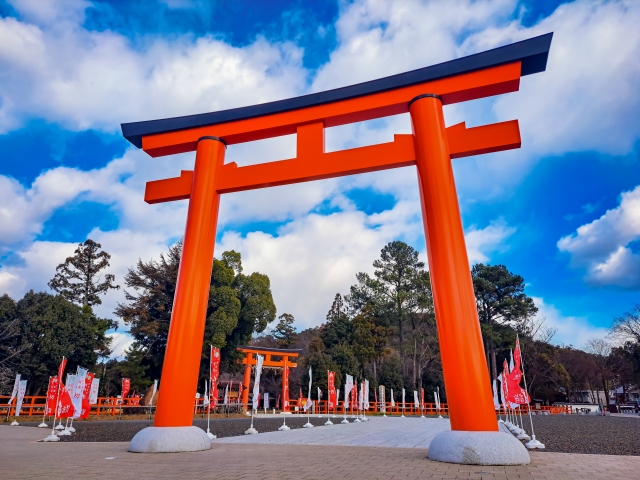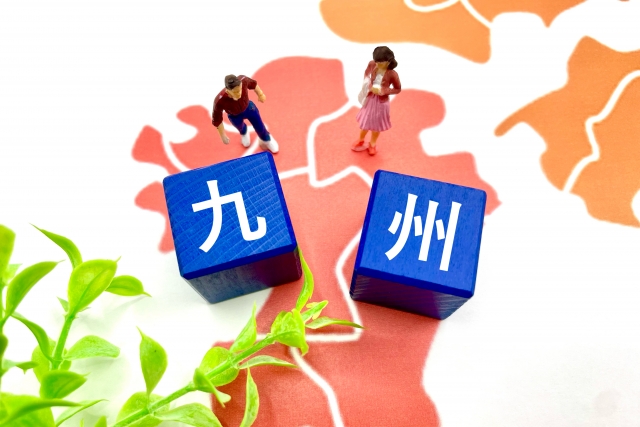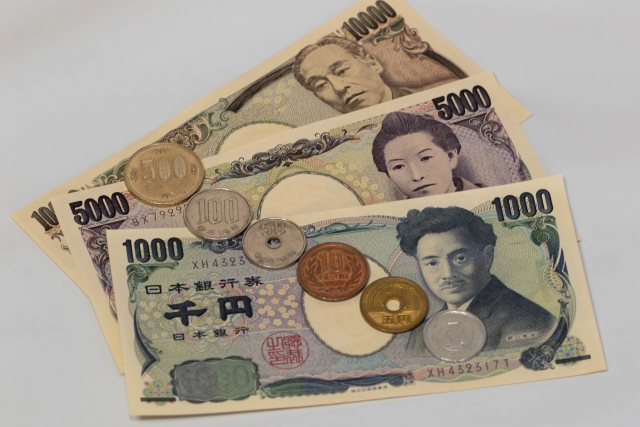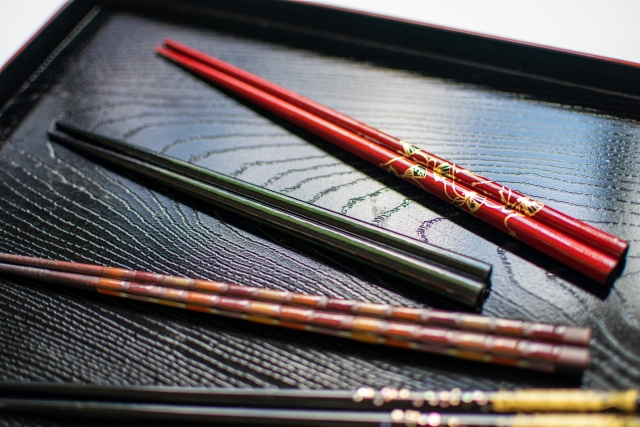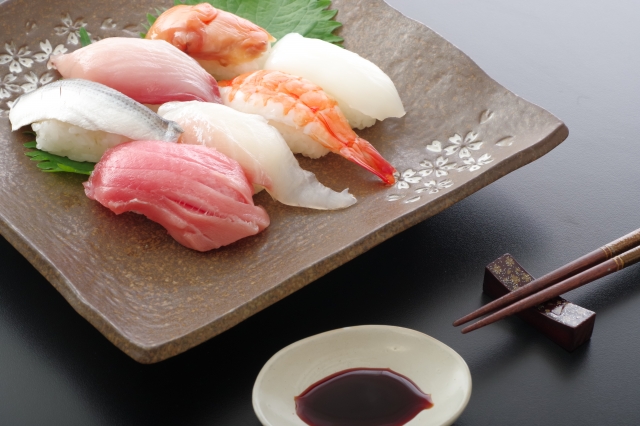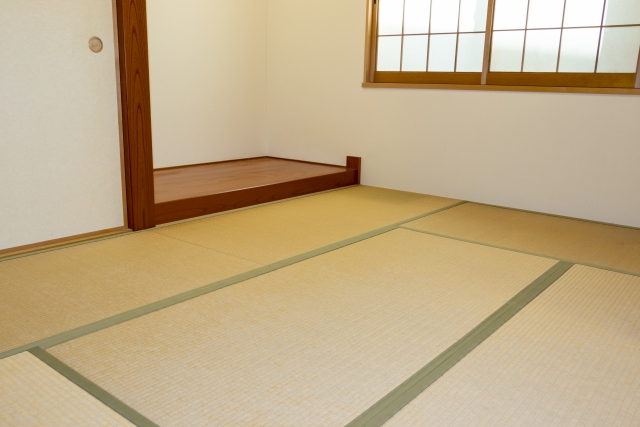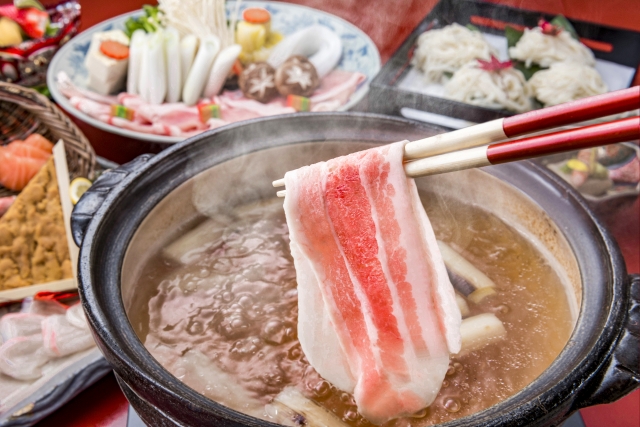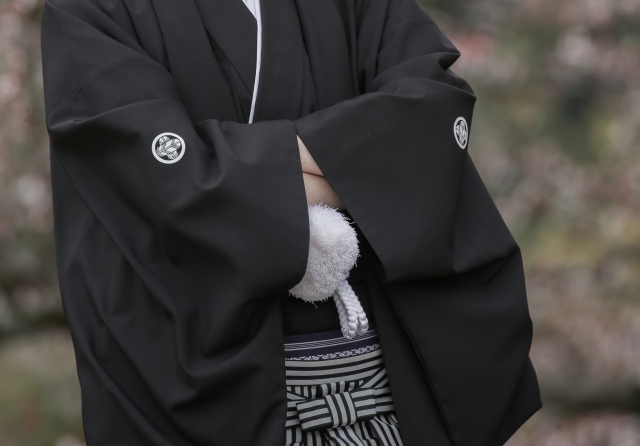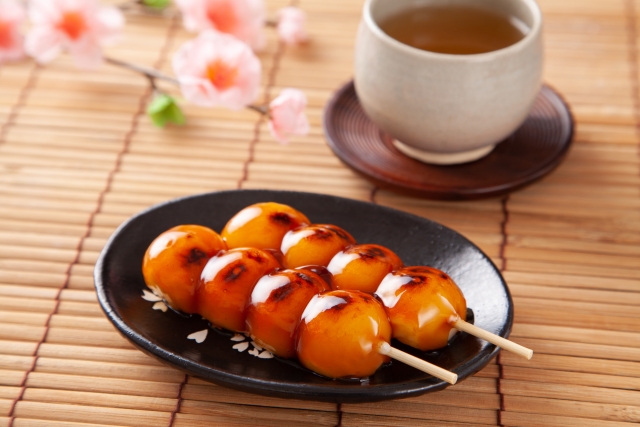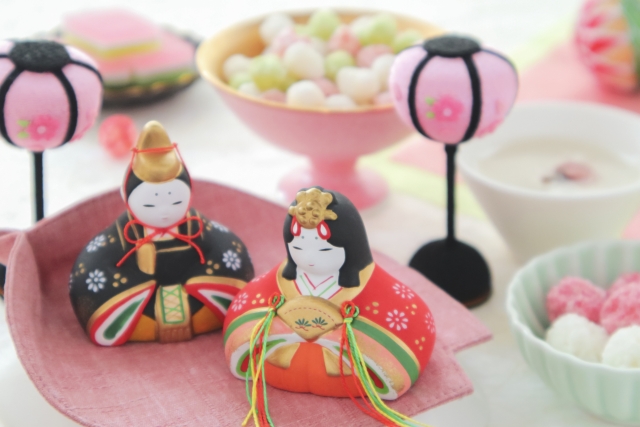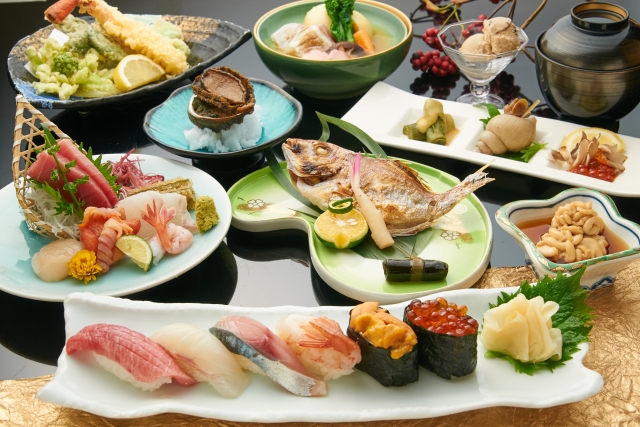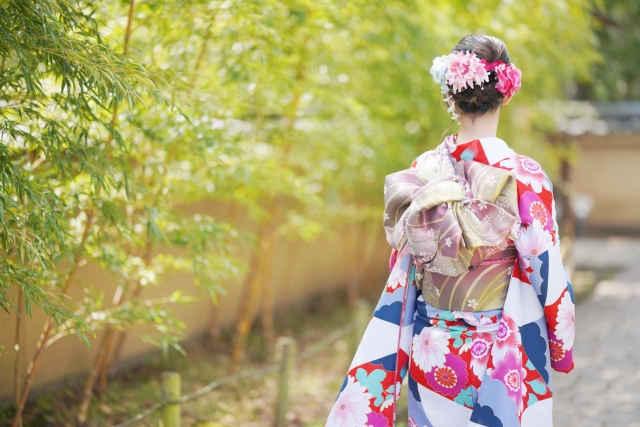Are you in a relationship with a Japanese person? And are you secretly concerned about their lack of affection? If so, this article is perfect for you. Japanese and non-Japanese couples often have a gap in the way they express their love and many couples end up fighting or breaking up because of this. Foreigners complain that they are the only ones who say “I love you” and praise them, while Japanese are confused because they do not know how to express their love well and are not used to it.
Here is an introduction to the cultural background of why we don’t express love directly in Japan, as well as some phrases and tips for expressing love in Japanese.
 Do you know the original meaning of the term “expression of affection”? In this case, “affection” means not only love or infatuation, but also “feelings for the other person. And “expression” means not only thinking about it in your head, but also expressing it with words as well as gestures. So, expressing your feelings for your partner through words and actions is thought expressing love.
Do you know the original meaning of the term “expression of affection”? In this case, “affection” means not only love or infatuation, but also “feelings for the other person. And “expression” means not only thinking about it in your head, but also expressing it with words as well as gestures. So, expressing your feelings for your partner through words and actions is thought expressing love.
 Japanese people are not good at expressing this affection or love. Of course, some people actively show it, but in general, it can be said that they don’t often express their love directly in words. One of the most common cases is when a foreign woman dating a Japanese man is concerned that he does not express his love for her. They don’t know how the Japanese guy is feeling or what he is thinking right now, and they are anxious about not knowing if he thinks they are important or not. It is true that in Japan, because of the virtue of patience, men in particular tend not to clearly express their feelings by saying, “I am feeling this way right now”. This makes it difficult to know whether they are angry, sad, or happy, and as these feelings pile up, it can be natural for women to feel anxious about if they are really loved. I think the reason why Japanese people get along so well with each other is because they have the habit of reading the other person’s feelings. If you are Japanese, you don’t have to say “I love you” but you can feel affection or love by saying, “It’s a beautiful day, let’s walk a little” or something. In the first place, a small “thank you” is more loving than “I love you” and “I’m sorry for everything” is more appreciative than “thank you”. Western people try to convey their feelings of “I love you” to their partner on a daily basis, but Japanese people put more emphasis on conveying their gratitude to their partner by saying “thank you” and “I’m sorry. Since Japanese acknowledgments include expressions of affection, it can be said that they are not used to going out of their way to express their feelings. However, this does not mean that there is no way to express love in Japanese. There are hundreds of ways to express love in Japanese, but many of them are non-verbal, such as referring to the familiar “taste of mom’s cooking” as mother’s love, preferring to the fate rather than being bound by emotions, and confirming feelings by giving each other gifts on Valentine’s Day and White Day.
Japanese people are not good at expressing this affection or love. Of course, some people actively show it, but in general, it can be said that they don’t often express their love directly in words. One of the most common cases is when a foreign woman dating a Japanese man is concerned that he does not express his love for her. They don’t know how the Japanese guy is feeling or what he is thinking right now, and they are anxious about not knowing if he thinks they are important or not. It is true that in Japan, because of the virtue of patience, men in particular tend not to clearly express their feelings by saying, “I am feeling this way right now”. This makes it difficult to know whether they are angry, sad, or happy, and as these feelings pile up, it can be natural for women to feel anxious about if they are really loved. I think the reason why Japanese people get along so well with each other is because they have the habit of reading the other person’s feelings. If you are Japanese, you don’t have to say “I love you” but you can feel affection or love by saying, “It’s a beautiful day, let’s walk a little” or something. In the first place, a small “thank you” is more loving than “I love you” and “I’m sorry for everything” is more appreciative than “thank you”. Western people try to convey their feelings of “I love you” to their partner on a daily basis, but Japanese people put more emphasis on conveying their gratitude to their partner by saying “thank you” and “I’m sorry. Since Japanese acknowledgments include expressions of affection, it can be said that they are not used to going out of their way to express their feelings. However, this does not mean that there is no way to express love in Japanese. There are hundreds of ways to express love in Japanese, but many of them are non-verbal, such as referring to the familiar “taste of mom’s cooking” as mother’s love, preferring to the fate rather than being bound by emotions, and confirming feelings by giving each other gifts on Valentine’s Day and White Day.
 In Japan, there are several verbal phrases to express affection or love. Here are some of the main words.
In Japan, there are several verbal phrases to express affection or love. Here are some of the main words.

 Frequent communication via phone or SNS like LINE is a great way to express your love. If you can’t be there, but you want to know what they are doing, or you want to tell them what you are doing, you can tell them by keeping in touch with them. And because you can’t usually express your love and affection with words, you can do so with a phone call or text message where you can’t see the other person’s face.
Frequent communication via phone or SNS like LINE is a great way to express your love. If you can’t be there, but you want to know what they are doing, or you want to tell them what you are doing, you can tell them by keeping in touch with them. And because you can’t usually express your love and affection with words, you can do so with a phone call or text message where you can’t see the other person’s face.
 When you are spending time together, physical affection is another way to express your affection. Holding hands, crossing his arms, and touching your partner’s body is an expression of affection. Why is physical affection an expression of affection? It’s because it’s an act that you would never do to someone you don’t like.
When you are spending time together, physical affection is another way to express your affection. Holding hands, crossing his arms, and touching your partner’s body is an expression of affection. Why is physical affection an expression of affection? It’s because it’s an act that you would never do to someone you don’t like.
 Lovers who are not yet married will probably have more conversations. Like married couples, they are not living together, so the time they can see each other is limited. Therefore, when couples are meeting, they are mostly talking naturally. They should be laughing at each other in casual conversation.
Lovers who are not yet married will probably have more conversations. Like married couples, they are not living together, so the time they can see each other is limited. Therefore, when couples are meeting, they are mostly talking naturally. They should be laughing at each other in casual conversation.
 Giving a gift on your anniversary is a great way to express your love. It’s a great way to show your love for your partner. Spending time in advance to prepare, shop, and make precious memories with you is an act that only a special person would do.
Giving a gift on your anniversary is a great way to express your love. It’s a great way to show your love for your partner. Spending time in advance to prepare, shop, and make precious memories with you is an act that only a special person would do.
 How did you like it? In Japan, there are several expressions of affection or love such as “dai suki” and “aishiteru,” but there is a gap in the way Japanese and foreign couples express their love, and this can cause distance between them. However, by learning about the differences in culture, it is possible to maintain a good relationship while being considerate of each other, which is the original meaning of expressions of affection. Please try using the Japanese ways of expressing affection that I have introduced here.
How did you like it? In Japan, there are several expressions of affection or love such as “dai suki” and “aishiteru,” but there is a gap in the way Japanese and foreign couples express their love, and this can cause distance between them. However, by learning about the differences in culture, it is possible to maintain a good relationship while being considerate of each other, which is the original meaning of expressions of affection. Please try using the Japanese ways of expressing affection that I have introduced here.
Contents
What exactly is an expression of love?
Cultural background of differences in how to express love
I’ll show you how to express your gratitude in Japanese.






